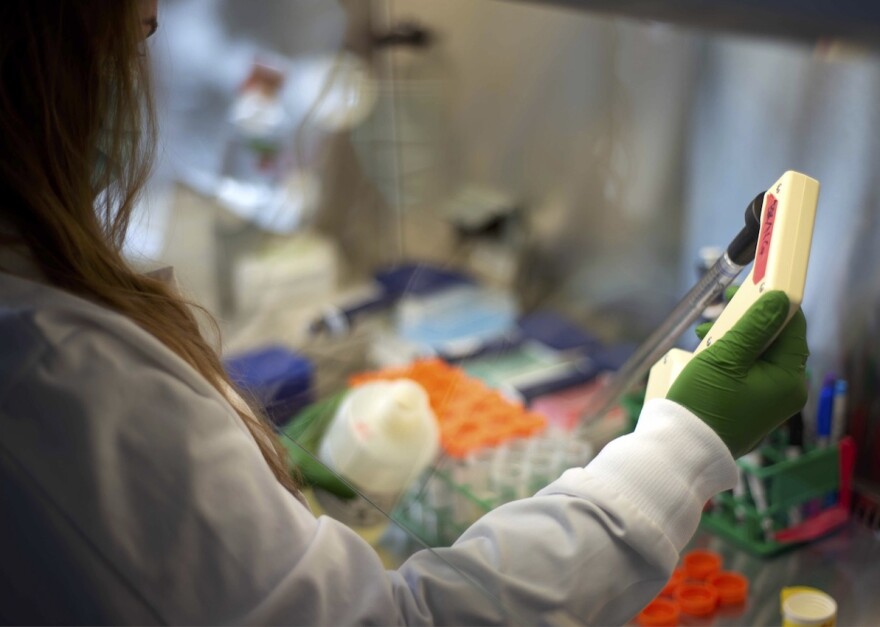Idaho will begin testing a stash of COVID-19 samples gathered over the past several months under a new grant-funded project to aid global research into coronavirus variants.
The Idaho INBRE (IDeA Network of Biomedical Research Excellence) and the University of Idaho will sequence COVID-19 samples that were collected from people in the Moscow area, under a $737,000 grant from the National Institutes of Health, the university announced in a news release Thursday.
The researchers plan to conduct the specialized laboratory testing needed to identify coronavirus variants of concern. Those are variants whose mutations may help them spread more quickly, cause more severe illness and/or make existing treatments or vaccinations less effective.
Researchers will look for variants in the Moscow population and find links to travel patterns, outbreak events and demographic groups, the release said.
Laboratories have already identified several variants in Idaho by sequencing COVID-19 test samples and wastewater, which contains virus matter shed in human waste. But the sequencing has been slow and incomplete, due in part to limited sequencing resources.
Sequencing a virus can not only identify when a variant of concern is spreading; it can help scientists identify when new, potentially dangerous variants emerge.
“We’ve already seen (variants) … that are more transmissible and result in more hospitalizations, which is concerning,” Institute of Interdisciplinary Data Sciences Director Barrie Robison, project lead for the study, said in the news release.
The University of Idaho has aided COVID-19 testing for the Moscow area. But starting last year, lab staff kept in storage some coronavirus test samples that, at the time, could not be sequenced, a spokesperson said.
“The repository is one of the few in the state,” the release said. “Researchers will use those samples to learn more about the virus and possibly identify more variants.”
The university says the Moscow region is a perfect site for such a study. It has a university whose students must undergo COVID-19 testing, and who travel. It also has a rural community that is “mostly stationary” but whose samples have been “a critical missing piece of the state’s sequencing database,” the release said.
Robison said there is “not a lot of variant data from rural states with medically underserved communities” like those in Idaho.



